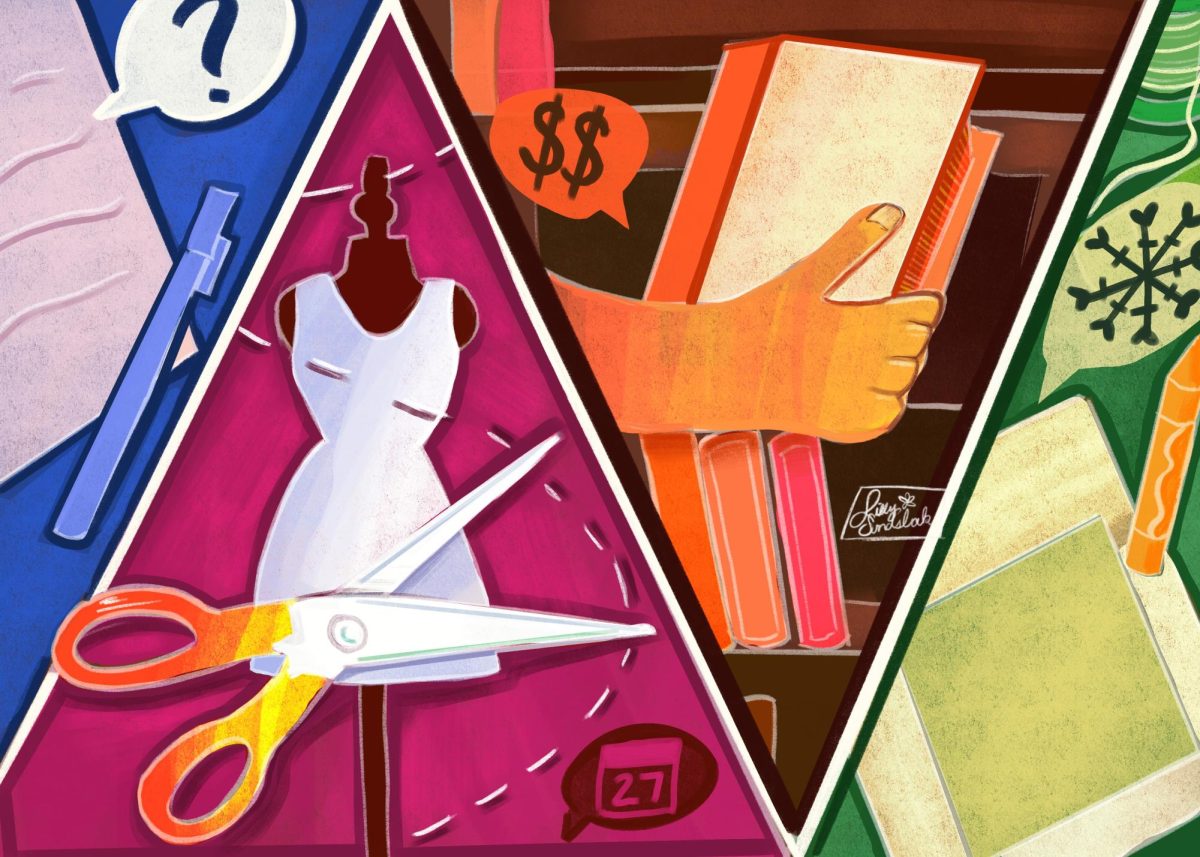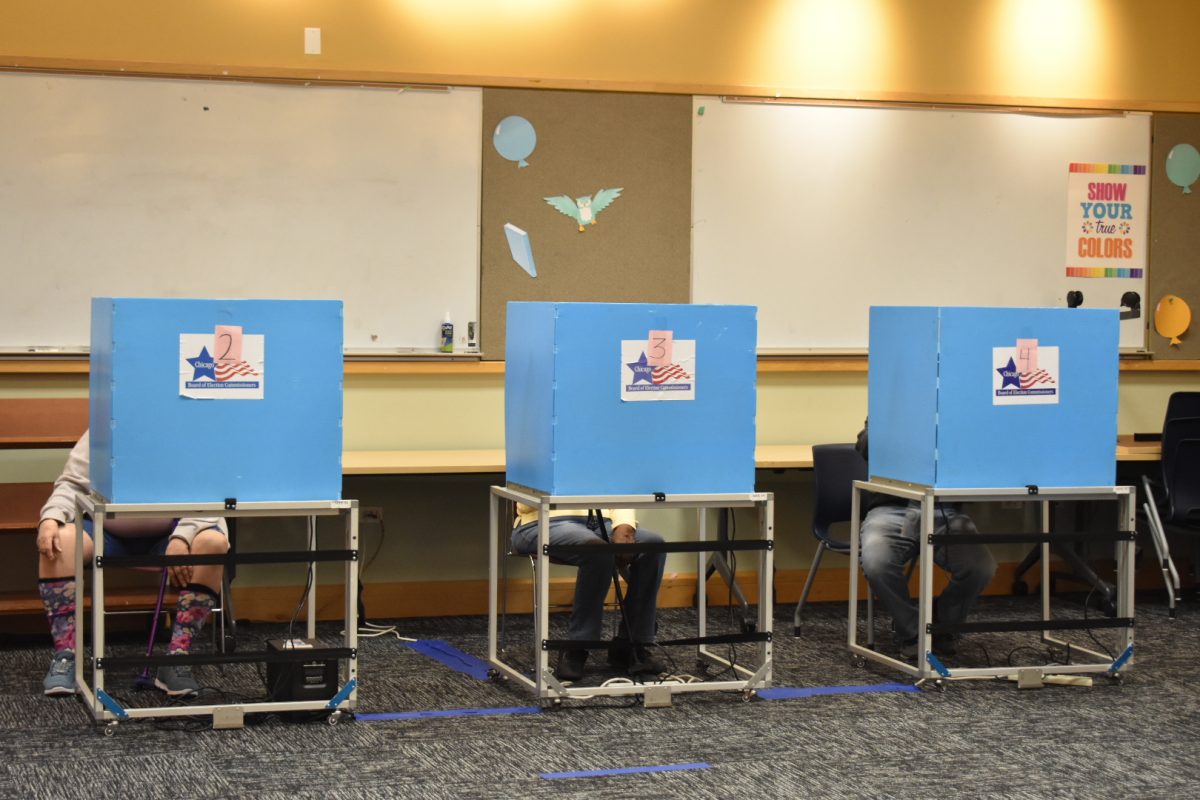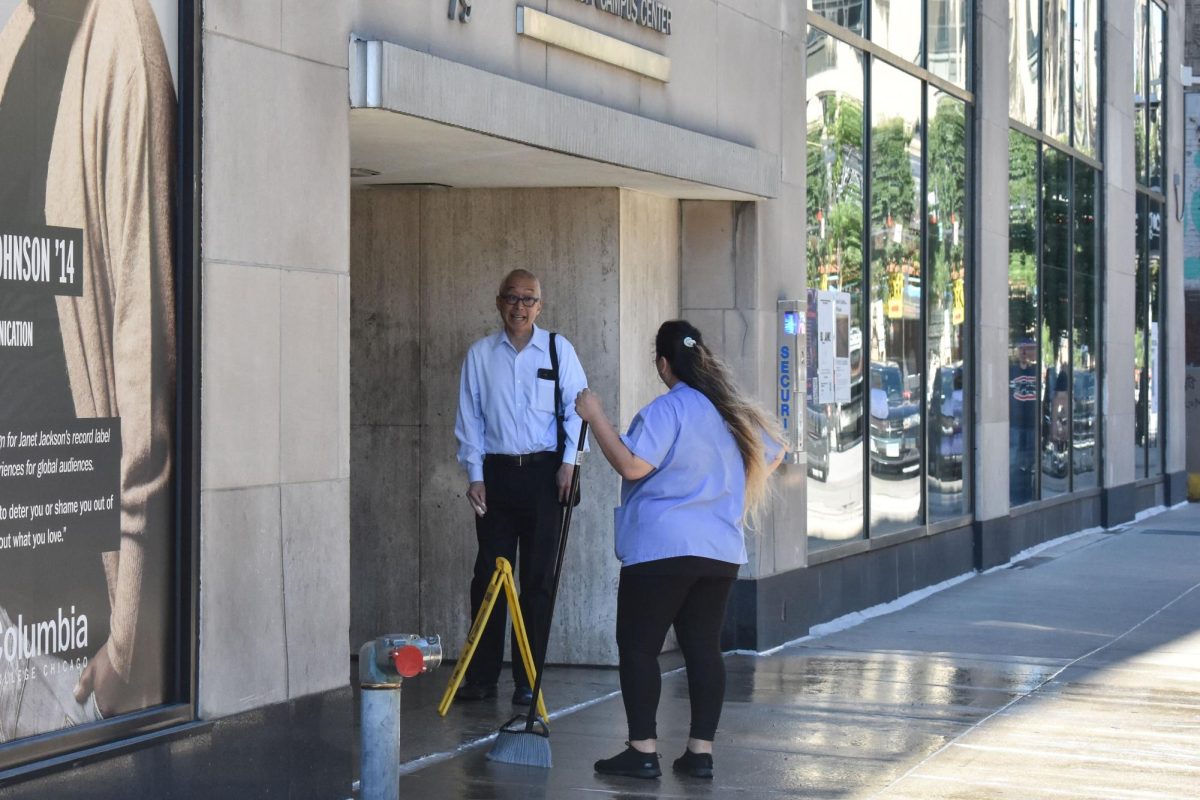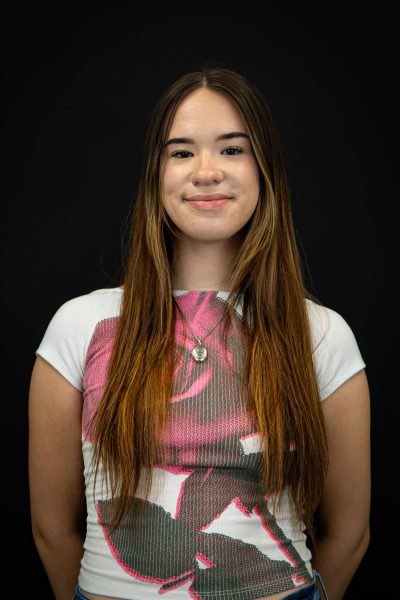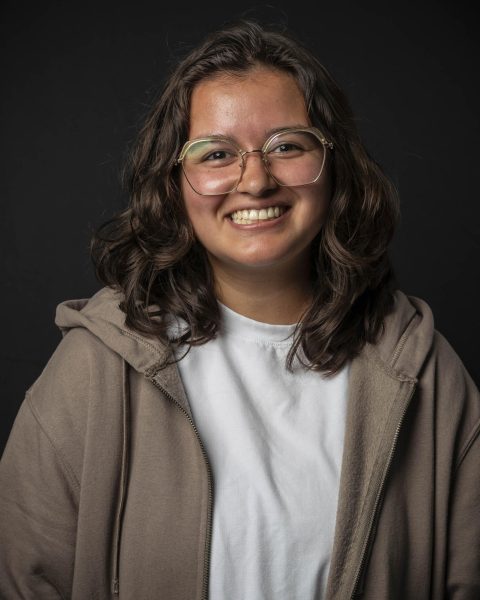Columbia advisors are requesting a job evaluation and increase in their base pay amid high turnover and increased workload in the role.
Five advisors have left Columbia this year, and only two new advisors have since been hired. One position has been vacant since May, and another has been vacant since the end of August.
Several advisors told the Chronicle that some students have had as many as three to four different advisors while at Columbia.
According to Union Staff of Columbia College President Craig Sigele, who is the Communication Department academic manager, said 13 advisors who are in the union have left since 2019, in addition to four advisors who were not in the union. There are currently 13 advisors remaining.
The college’s Human Relations Department is in the process of comparing advisors’ job against other jobs at Columbia to determine the appropriate pay rate.
Advisors told the Chronicle that reevaluations do not happen regularly, but one is needed to update the job expectations of the advisor position.
Since the last evaluation in June 2021, the position has changed so that now advisors are expected to work with prospective students who are not yet on their caseload, accept redistributed caseloads and complete manager responsibilities.
“We spend a fair amount of time and money to train our advisors. It is more cost effective to pay them a competitive salary than to train them only for another school to pay them a fair market salary,” Sigele said.
International student and sophomore filmmaking major Vince Luo stayed in contact with his advisor over the pandemic, only to come back to campus to a new one the next year.
Luo has had three different advisors during his time at Columbia and said that his frustration is not with the staff changes but the lack of communication between switches.
“My advisors didn’t communicate so my audit wasn’t updated. You could be taking the wrong class, wasting time and money,” Luo said. “It’s frustrating.”
First-year fine arts major Mikalani Rodriguez Hernandez said that she has a good relationship with her advisor and is thankful for the resources that the advising office has provided her.
“I’m not just being left in the dust, I’ve always had really good experiences making sure I have everything I need,” Hernandez said.
Skylar Youngberg, a sophomore musical theatre major, said that the advisors have made the college a more “collaborative space.”
“I’ve gone a lot more recently for my independent project, and they make it really easy to connect with the higher ups and get what I need,” Youngberg said.
Youngberg has had two different advisors since their first semester and worries that the advisors increased workload will affect opportunities passed onto students.
“We came to the school because it’s an art school and was supposed to give us opportunities to do independent projects, grow as artists on our own. I worry those opportunities are just going to go away for prioritization,” Youngberg said.
Sigele said that if the college believes retention and improved graduation rates are critical to Columbia’s success then advisors must be invested in.
“They are our first responders,” Sigele said.







